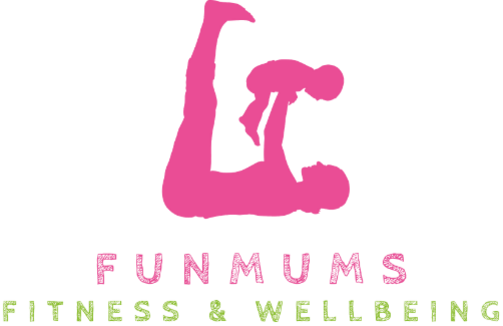What Sleep Deprivation Does to Your Body and Brain
1st March 2021
I had the idea to write about the sleep deprivation as that is part of the motherhood. Some of our children don’t sleep for hours during the night or they wake up 100 times a night or they end up in our bed every night.
Probably the options sound familiar to you. The result is the same in all the three situations : you don’t get enough sleep.
Let's dig the topic a bit. What actually the lack of sleep does to our body and our mental health?
Have you ever felt like a walking mom-zombie? Have you ever thought that couple of years parenting aged you 10 years more?
Sleeping is majority part of the healthy life style as much as eating or training. Lack of sleep or broken sleep is causing havoc on our health.
Many parents don’t understand the negative effect of lack of sleep or they don’t recognise how quickly physiological , cognitive and emotional function begin to suffer.
The ideal sleeping is 7-8 hours a day for the best function and performance. Less than 6 hours sleep is deprivation.
Our face becomes shallow, skin isn’t youthful and you could pack for a vacation with the dark bags under your eyes.
Sleep deprivation is ultimate result in decreased collagen production and the breakdown of skin elastin.
There are changes and reactions in many other way which is not visible. There is an effect on our whole lifestyle.
It also has a negative influence on our eating habits. The body’s hunger responses make poor food choices, reach for poor nutrient food, so we more likely to reach for food which is higher in fat and sugar content and provides us more energy to keep going.

Leptin is the hormone which tells us to stop eating, but when we are sleep deprived, we have got less leptin.
Fatty and sugary food, the fluctuation in your blood sugar level, less leptin and slower metabolism can lead us to weigh gain.
Lack of sleep effects the immune system too. We are more likely to catch a cold.
Short sleep leads to zombie effect impaired ability to demonstrate joy in your facial expression.
Chronic lack of sleep also can cause development of diagnosable mental illnesses like depression and anxiety.
And lastly I do need to highlight how it affects our training, performance during the training and transformation.
Poor sleep , poor energy will lead probably to poor attitude which will end up with poor technique and poor performance.
Enough sleep helps muscle mass, on the other hand not enough sleep decreases the muscle mass.

A study in 2011 examined how sleep deprivation affected muscle gains and recovery.1 The study followed individuals who were on a strict sleep schedule for 72 hours. During this time, one group was allowed 5.5 hours of sleep; another was allowed 8.5 hours per day. All individuals followed a calorie-regulated diet.
What researchers discovered was that the individuals who slept only 5.5 hours had 60% less muscle mass at the end of the study, while those who slept 8.5 hours had 40% more muscle mass.
So if we give everything to the training but we don’t get a good amount and a good quality of sleep , our body can not recover.
Glucose is the only type of sugar can be stored in the body and muscle tissues after breaking down. During sleep blood glucose gets stored in muscles as glycogen. Glycogen stored in the muscle is a preferred location because it provides more energy than when glucose come from the blood.
When we don’t get enough sleep, we don’t get maximum replenishment of muscle glycogen.
Our body and our muscles constantly work while you are awake as we walk, we sit and we do always some activity so the muscles can’t swich off and have the break to relax. The full recovery and relaxation can happen only during sleeping. In that 7-8 hours of ideal sleeping period the body will give everything in to recharge for the next day with energy. If we haven’t got 7-8 hours sleep the muscles simple not able to recover, they will be overloaded. This can lead to lack of concentration, bad coordination and to higher risk of injury during training.
In this case you do need to consider type and intensity of the workout we do as the training should not add to our exhaustion .
Listen to your body and consider less strenuous workouts like walking or postnatal yoga or if you are on an advanced level go for bodyweight training. You can use resistance band as an extra but weights are not recommended to use.
Motherhood can be busy and overwhelming. Sometimes you do need to let a few things to go for a bit of extra sleep . It will make a difference how you feel and function next day.
We do need to make our sleep a priority as much it is possible.
Share this post:





